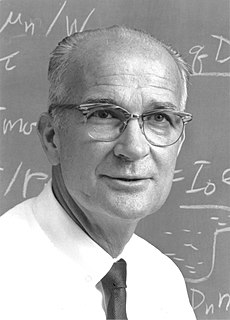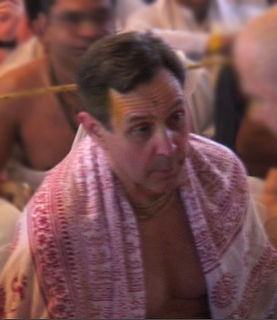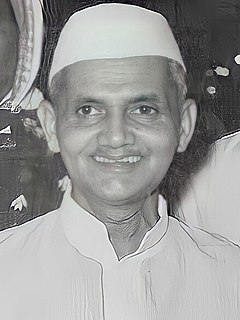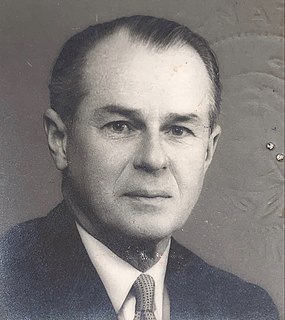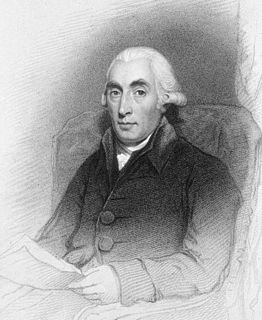A Quote by William Shockley
Frequently, I have been asked if an experiment I have planned is pure or applied science; to me it is more important to know if the experiment will yield new and probably enduring knowledge about nature. If it is likely to yield such knowledge, it is, in my opinion, good fundamental research; and this is more important than whether the motivation is purely aesthetic satisfaction on the part of the experimenter on the one hand or the improvement of the stability of a high-power transistor on the other.
Quote Topics
About
Aesthetic
Applied
Applied Science
Asked
Been
Enduring
Experiment
Frequently
Fundamental
Good
Good Fun
Hand
High
Important
Improvement
In My Opinion
Know
Knowledge
Likely
Me
More
Motivation
Nature
New
Opinion
Other
Part
Planned
Power
Pure
Purely
Research
Satisfaction
Science
Stability
Than
Whether
Will
Yield
Related Quotes
This example illustrates the differences in the effects which may be produced by research in pure or applied science. A research on the lines of applied science would doubtless have led to improvement and development of the older methods - the research in pure science has given us an entirely new and much more powerful method. In fact, research in applied science leads to reforms, research in pure science leads to revolutions, and revolutions, whether political or industrial, are exceedingly profitable things if you are on the winning side.
The principle of science, the definition, almost, is the following: The test of all knowledge is experiment. Experiment is the sole judge of scientific "truth." But what is the source of knowledge? Where do the laws that are to be tested come from? Experiment, itself, helps to produce these laws, in the sense that it gives us hints. But also needed is imagination to create from these hints the great generalizations--to guess at the wonderful, simple, but very strange patterns beneath them all, and then to experiment to check again whether we have made the right guess.
From the dawn of exact knowledge to the present day, observation, experiment, and speculation have gone hand in hand; and, whenever science has halted or strayed from the right path, it has been, either because its votaries have been content with mere unverified or unverifiable speculation (and this is the commonest case, because observation and experiment are hard work, while speculation is amusing); or it has been, because the accumulation of details of observation has for a time excluded speculation.
One of the chief inhibitions to human progress arises because of the extreme slowness with which the advances in knowledge become translated into action for the benefit of society as a whole. There is no step more important for the removal of that inhibition than that of providing for intimate contact between the leaders in the fields of pure and applied science.
To learn anything other than the stuff you find in books, you need to be able to experiment, to make mistakes, to accept feedback, and to try again. It doesn't matter whether you are learning to ride a bike or starting a new career, the cycle of experiment, feedback, and new experiment is always there.
Upon the whole, Chymistry is as yet but an opening science, closely connected with the usefull and ornamental arts, and worthy the attention of the liberal mind. And it must always become more and more so: for though it is only of late, that it has been looked upon in that light, the great progress already made in Chymical knowledge, gives us a pleasant prospect of rich additions to it. The Science is now studied on solid and rational grounds. While our knowledge is imperfect, it is apt to run into error: but Experiment is the thread that will lead us out of the labyrinth.
Necessity is not the mother of invention. Knowledge and experiment are its parents. It sometimes happens that successful search is made for unknown materials to fill well-recognized and predetermined requirements. It more often happens that the acquirement of knowledge of the previously unknown properties of a material suggests its trial for some new use. These facts strongly indicate the value of knowledge of properties of materials and indicate a way for research.
